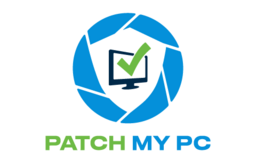
Patch My PC Ideas & Feedback
A community where customers and the community can provide feedback to make a better product for everyone! For more details on how we prioritize requests, please see:

A community where customers and the community can provide feedback to make a better product for everyone! For more details on how we prioritize requests, please see: